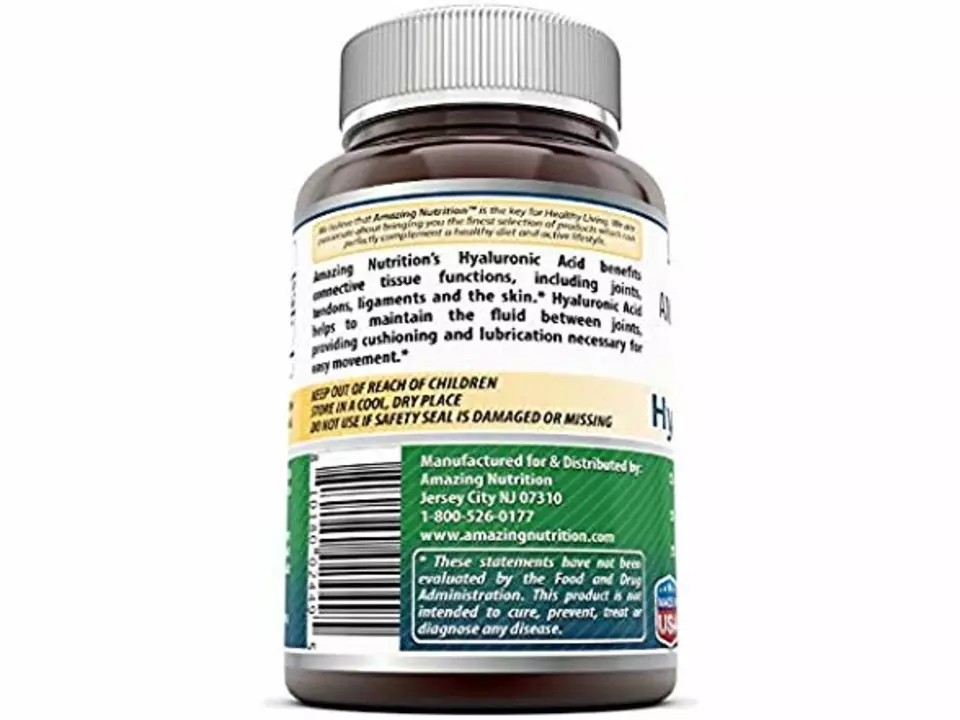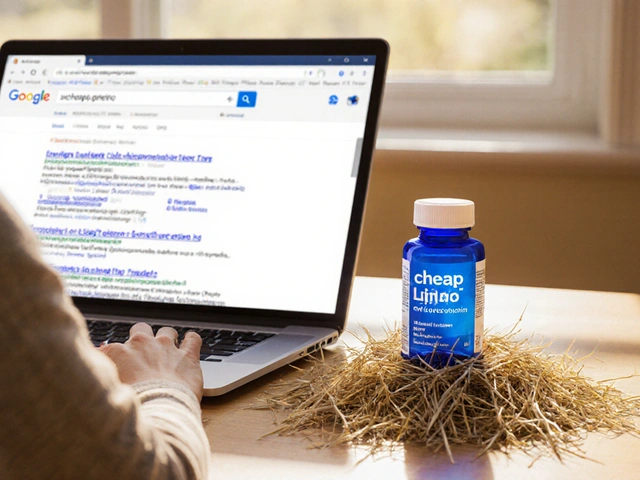Chondroitin Sulfate: What It Does and How to Use It
Chondroitin sulfate is a common ingredient in joint supplements. People use it to ease osteoarthritis pain and support cartilage. If you're wondering whether it helps and how to pick a good product, this page gives straight answers you can use right away.
How chondroitin works and what the evidence says
Chondroitin is a natural building block of cartilage. Supplements aim to slow cartilage breakdown and reduce inflammation in joints. Clinical trials show mixed results: some people notice less pain and better walking, while others see little change. If you get relief, it can take 6–12 weeks to notice a difference. Think of it as a low-risk option that may help some people, not a guaranteed fix.
Most positive studies combine chondroitin with glucosamine. Those two together seem to give better results than chondroitin alone for some users. If you try chondroitin, consider a combo product or take both after checking with your doctor.
Practical dosing, safety, and buying tips
Common dosing is 800–1,200 mg per day, usually split into two or three doses. Follow the label or your healthcare provider's advice. Side effects are usually mild — stomach upset, headache, or diarrhea. However, chondroitin can interact with blood thinners like warfarin and may affect people with seafood allergies depending on the source, so check with your provider if you take other meds or have conditions that affect bleeding.
Want to buy chondroitin online? Look for these things: third-party testing (USP, NSF), clear dosage per serving, and full ingredient lists. Avoid products that hide amounts behind proprietary blends. Capsules and tablets are convenient; powders offer flexible dosing. If price seems too low, ask why — quality matters for supplements.
Pregnant or breastfeeding? Skip chondroitin unless your doctor says otherwise. Also be cautious if you have diabetes; some products include added sugars or excipients that matter for blood sugar.
How long should you try it? Give a trial of at least 8–12 weeks at a proper dose before judging effectiveness. Keep a simple pain and function log — note pain levels, walking distance, or daily activities — so you can compare before and after.
On this site you'll find related articles that help with joint and bone health. Read our "Fosamax for Osteoporosis" piece for bone-specific treatments and risks. For broader supplement context and antioxidant support, check "Superoxide Dismutase Supplement." These posts can help you weigh options and talk with your provider.
Final tip: supplements are tools, not replacements for medical care. Pair chondroitin with exercise, weight management, and your doctor's advice for the best chance of feeling better.

The Ultimate Guide to Chondroitin Sulfate: Unlocking the Potential of This Powerful Dietary Supplement
In my latest blog post, I delve deep into the world of Chondroitin Sulfate, a powerful dietary supplement that has been gaining popularity. I've researched and compiled the ultimate guide to help you understand its potential benefits, especially for joint health and mobility. We'll discuss the science behind Chondroitin Sulfate, its effectiveness, and the optimal dosage for maximum results. Additionally, I'll also address some common misconceptions and safety concerns, ensuring you have all the information needed to make an informed decision. Don't miss out on unlocking the potential of this incredible supplement - check out my comprehensive guide now!
Categories
- Medications (70)
- Health and Medicine (60)
- Health and Wellness (36)
- Online Pharmacy Guides (16)
- Nutrition and Supplements (8)
- Parenting and Family (3)
- Environment and Conservation (2)
- healthcare (2)
- prescription savings (1)



